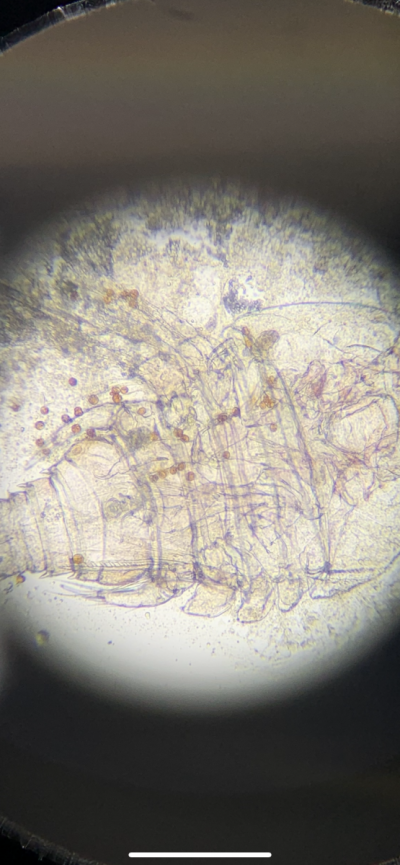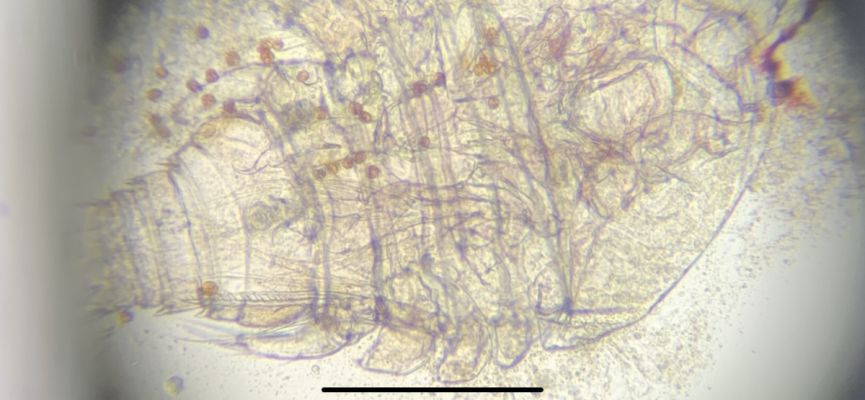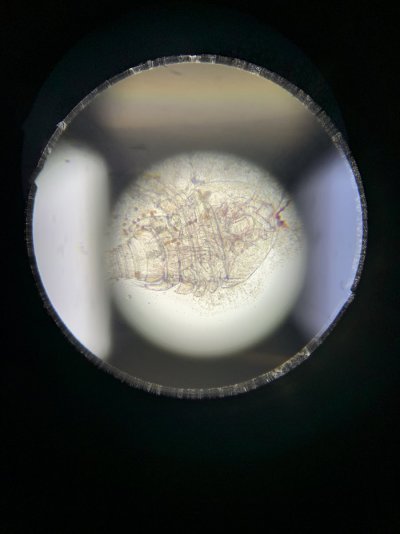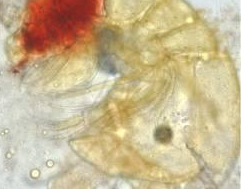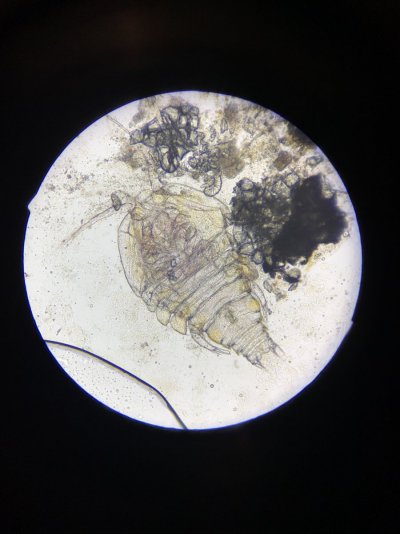I have a few acros with the white bugs. I have tried interceptor and Dr gs but non seem to work. I did 4x the interceptor treatment with the normal dose being 1 large dog pill for 400 gallons. And I also tried dr g 1ml per gallon. The bugs always seem to die out and then they come back 30 days later. Maybe they lay eggs and there needs to be multiple doses done over a few weeks like aefw.
I did use the interceptor from canada which is the spectrum version. it has 23 MG milbemycin and 228MG praziquantel which i thin is the same as the normal interceptor... anybody use this one?
weird part is it didn't kill any pods so it would make sense why it didn't kill the white bugs. the Drg did kill the pods though.
Has anybody actually 100% beaten these white bugs over a long period of time or do they keep coming back eventually? I have tried a few doses and for some reason they keep coming back.. and I doomed
I did use the interceptor from canada which is the spectrum version. it has 23 MG milbemycin and 228MG praziquantel which i thin is the same as the normal interceptor... anybody use this one?
weird part is it didn't kill any pods so it would make sense why it didn't kill the white bugs. the Drg did kill the pods though.
Has anybody actually 100% beaten these white bugs over a long period of time or do they keep coming back eventually? I have tried a few doses and for some reason they keep coming back.. and I doomed







